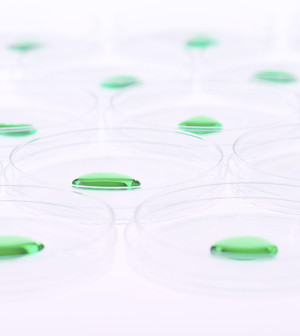Don't Miss
- Are You Making This Expensive Thermostat Error This Winter?
- Recognizing the Signs of Hypothyroidism
- 10 Strategies to Overcome Insomnia
- Could Artificial Sweeteners Be Aging the Brain Faster?
- Techniques for Soothing Your Nervous System
- Does the Water in Your House Smell Funny? Here’s Why
- Can a Daily Dose of Apple Cider Vinegar Actually Aid Weight Loss?
- 6 Health Beverages That Can Actually Spike Your Blood Sugar
- Treatment Options for Social Anxiety Disorder
- Understanding the Connection Between Anxiety and Depression
Health Tip: When Food and Drugs Interact
By LadyLively on February 27, 2014


When food and drinks interact with medication, the medication may not work sufficiently or the drug can become too powerful as the body has trouble handling it properly.
The Academy of Nutrition and Dietetics mentions these common examples of food and drug interaction:
- Grapefruit juice interacts with several drugs and may affect the way the body metabolizes medication. Drugs that may interact with grapefruit juice include: some statins, antihistamines, thyroid medications, blood pressure medications, birth control pills, cough suppressants and medications that block stomach acids.
- Blood-thinning medications can interact with leafy green vegetables, affecting the blood’s clotting ability.
- Natural black licorice may interact with certain blood pressure medications and blood-thinning medications.
- Salt substitutes can interact with ACE inhibitors and digoxin.
- Tyramine (found in foods such as aged meats and cheeses, hot dogs and chocolate) can interact with some medications used to treat depression or Parkinson’s disease.
Source: HealthDay
Copyright © 2026 HealthDay. All rights reserved.










